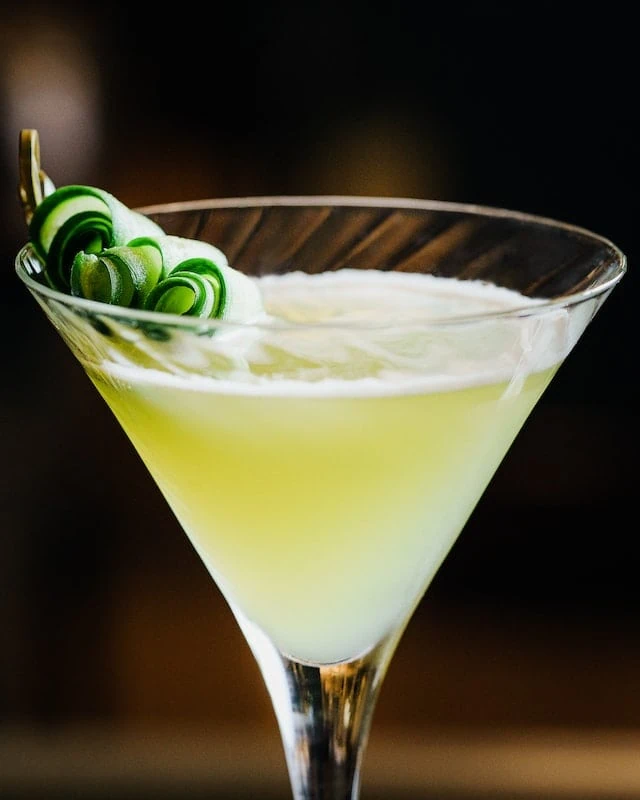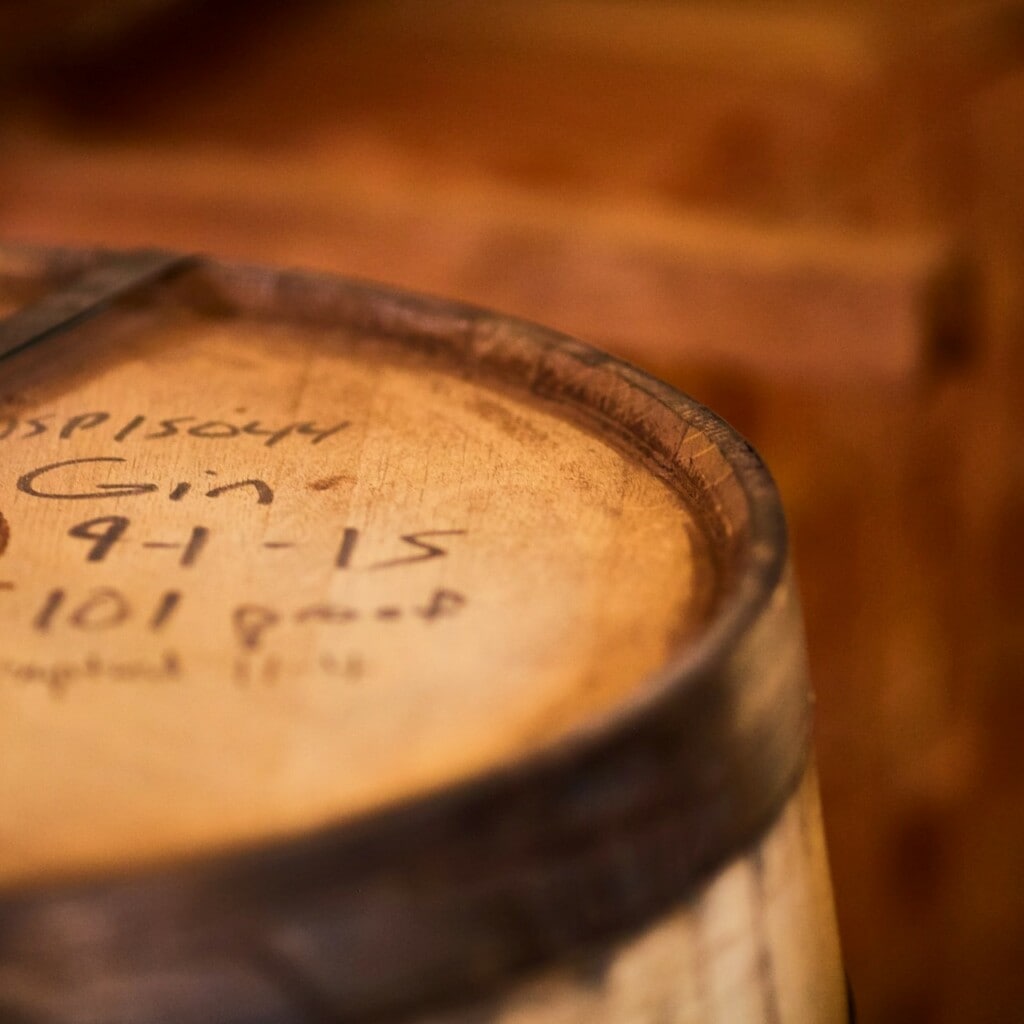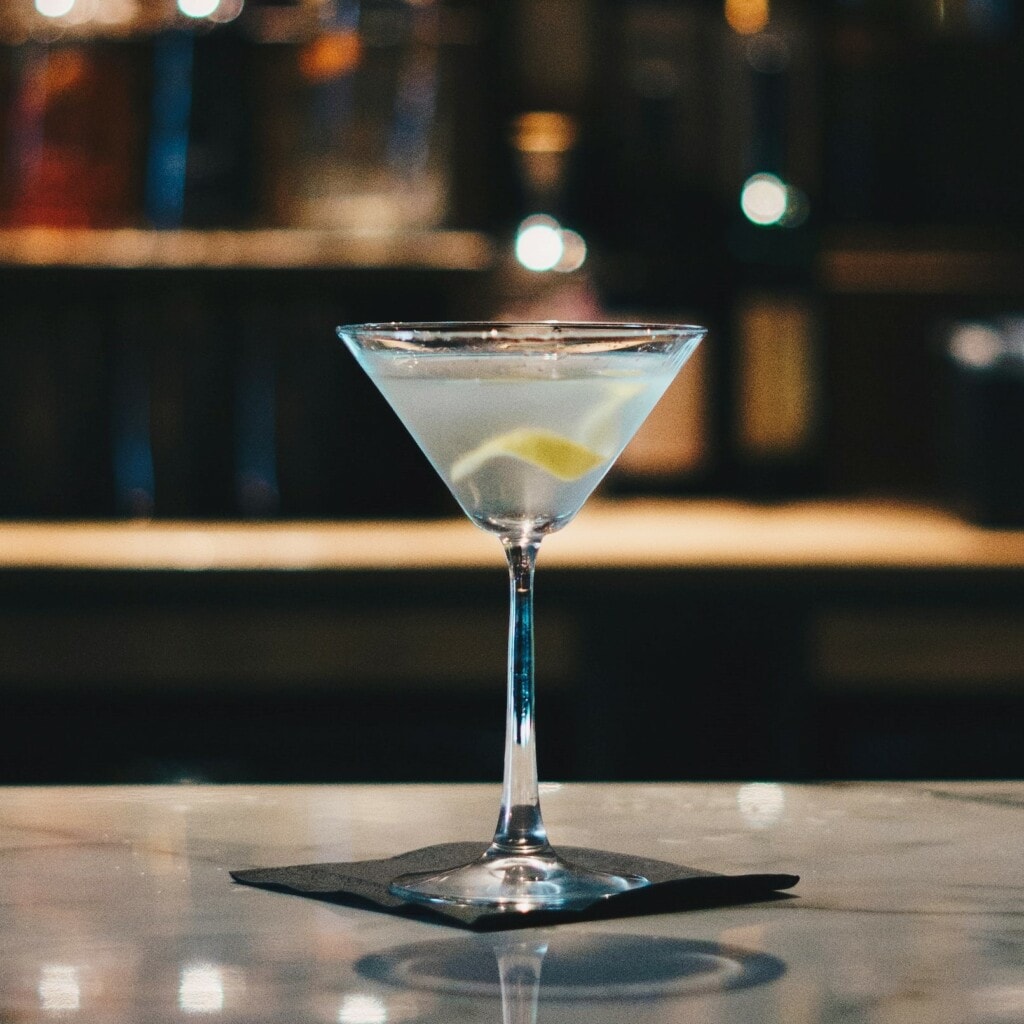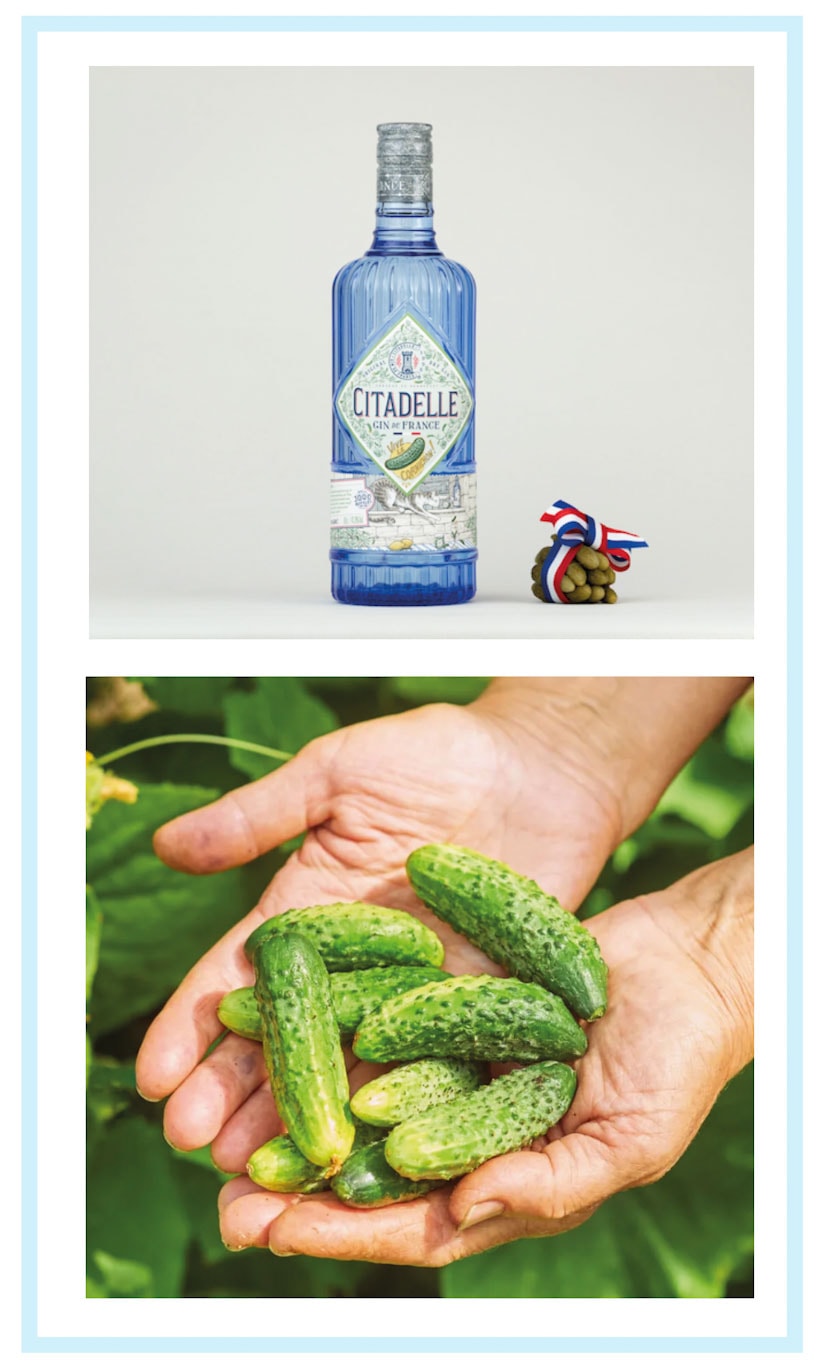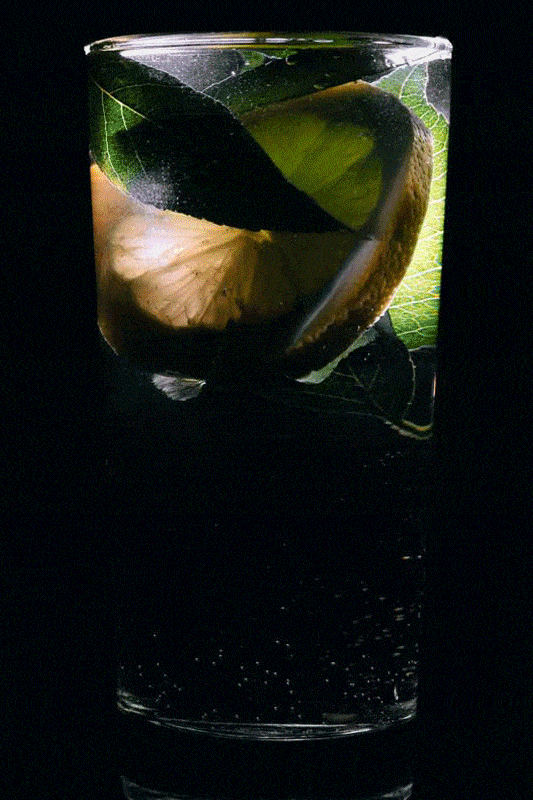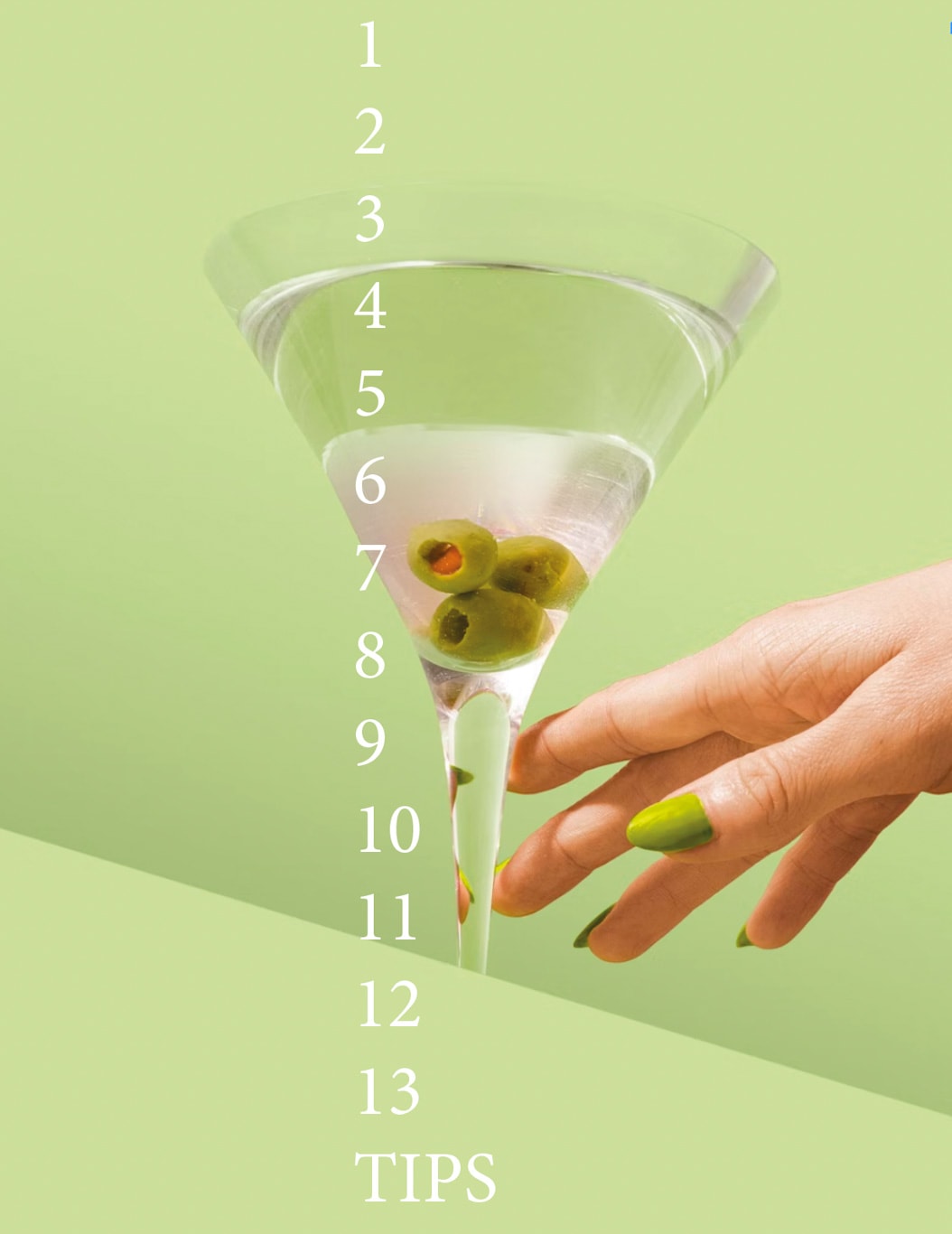
Gin for martini: 13 tips on how to choose it
About to make a Martini? Choosing a Gin for Martini makes sense. We give you 13 tips to select it.
Let’s start by highlighting that there are so many types of gin that you will indeed need to find a gin for Martini that suits different factors: your taste, the ingredients on the side and the type of Martini you are going to prepare.
Choosing the Perfect Gin For Martini
Take note of these tips to help you select the right gin for your Martini.
1. Which vermouth are you going to use?
With the exception of a few variations (which we’ll talk about later), Gin Martini’s usually rely on dry vermouth to bring smoothness, complexity and balance to the drink. Dry vermouth can vary significantly in terms of flavor and ranges from relatively neutral and crisp, to floral and sharp, to bright and citrusy.
That said, it’s best to taste the vermouth on its own before deciding on the gin (which should also be tasted separately) to make sure the flavors don’t clash.
2. The right measures
If you like your martinis extra dry (which is another way of saying without vermouth), you’ll need to choose a different gin for martini than you would if you prefer a wet martini, a dirty martini or an upside-down martini. A good cocktail is all about balance, so if you’re going to add more (or less) vermouth, brine or bitters, you’ll need to take that into account when thinking about your gin.
Photo by Timothé Durand on Unsplash
3. Think about your budget
If you want to treat yourself, opt for a high-end bottle. Or, if you want to drink on a budget, opt for one of the many affordable options you’ll find at the liquor store or at the bar of your favorite bar. Most of the gin brands you’re probably already familiar with-and that most bars tend to stock are usually in the middle in terms of price, making them wonderfully accessible to people on a wide range of budgets.
4. Garnish
If you’re one of those people who wouldn’t think of going out of the ordinary, then it’s best to pair your gin with your garnish, not the other way around. On the other hand, if you want to explore new garnishes for your next martini, you can start with gin and go from there.
For more on this topic, here are 14 garnish ideas.
Photo by Sebastian Coman Photography on Unsplash
5. Alcohol content of your gin for martinis
Some gins are stronger than others. While most gins fall within a similar enough range that it doesn’t make a big difference, there is one exception you should be aware of. Over-proof gin, also called “navy strength” gin, has an alcohol content equal to or greater than 57.15%.
Over-proof gin is not for the faint of heart. However, if your goal is to take full advantage of the effects of ethanol, you can use an over-strength gin for martini in your next recipe, but don’t say we didn’t warn you.
We also recommend that you go easy on the vermouth if you’re going to use Navy Strength as your gin for martini. That way you’ll avoid falling over and the drink will be much more palatable.
6. On the rocks?
You’ll need to decide if you want your drink on the rocks or with ice. This decision is more important than you might think and should be a factor when choosing a gin for martini.
The frozen water in the ice not only keeps martinis cold, but also adds dilution, something some people like more of in their drink. Generally, if you opt for a martini on the rocks, you can have a stronger, fuller-bodied gin.
Bartenders go to great lengths to make sure that martinis, both neat and on the rocks, are well chilled, but a drink served directly over ice will always be colder for longer. Temperature influences flavor perception, another reason to choose a stronger gin for martini. If you choose a gin that is too soft, you run the risk of your martini tasting weak and watered down.
7. A gin to match the occasion
If you are celebrating a special occasion, we recommend that you choose a gin for martini that is out of the ordinary. Even if you don’t want to spend a lot of money on an expensive bottle, opting for something different from the usual can make your martini special.
8. Look at local options
Some of the best gins out there are often made by local distillers. Because gin is so versatile (and can vary so much in terms of style and flavor), distillers have the unique ability to showcase local ingredients and traditions in each bottle. Experimenting with local gin gives insight into the essence of a country or city, and many local brands are often steeped in fascinating history.
9. Understand the types of gin
Most gins fall into one of five categories, each of which differs in terms of flavor profile and production methods.
Photo by Patrick Fore on Unsplash
One of the most popular varieties of gin is the so-called London dry. This is the one that probably comes to mind for the average drinker when they think of the spirit, and its most notable feature is that juniper is the most prominent botanical.
If you’re looking for something sweeter and richer than London dry when it comes to your gin for martini, like considering an Old Tom gin, which works wonderfully in pre-Prohibition era cocktails.
10. Don’t be afraid to experiment
Even if you think you don’t like gin, we encourage you to keep an open mind and try a few different varieties. You may just need to try a new brand or style to open yourself up to a whole new world of drinks. Look for a gin for Martini outside of the conventional ones and don’t hesitate to read its base ingredients, which will give a clue to the aromas and tastes your Martini will have.
11. Match your gin to your Martini recipe
The best example is when you have a Martinez, which is a martini variant that contains sweet vermouth instead of dry, as well as a tablespoon of maraschino liqueur. Since, as the name suggests, sweet vermouth adds a large dose of sweetness to this type of cocktail, you should use a Martini for gin that enhances that element. Old Tom gin, which is rich, sweet and aromatic, works well in this context.
Vesper Cocktail – Photo by Ambitious Creative Co. – Rick Barrett on Unsplash
Similarly, if you’re making a Surf Club, a martini variant that features absinthe, it’s important to choose a gin for martini that doesn’t clash with the licorice flavor.
12. Think about the pairing
The ideal gin pairing will vary depending on whether you want to pair it with a dozen oysters or a filet mignon. A crisp, clean gin goes well with steak, while a gin with strong savory notes goes better with salty seafood.
Pairing gin with food is fairly straightforward. All you have to do is think about the most prominent botanical ingredients in each bottle.
When tasting a gin, ask yourself whether its flavor is floral, citrus, woody or vegetal. Simply classify your favorite gin into one of these categories and pairing dinner with a martini made with it will be a breeze.
13. Drink the flavors you like
Some people love floral gins and some think they taste like potpourri. Some love the juniper flavor, while their detractors think it tastes like a pine-scented air freshener. There are those who can’t get enough of herbaceous botanicals, and others think they taste like medicine.
In the end, the best gin for a martini is the one you really enjoy.
Join our Newsletter for more news like this one
Don’t drink and drive. Enjoy responsibly.
Gin
Discover all our Gin-related news, facts and infos all around the world brought to you by Spirits Hunters’ experts.
See all posts in this category. Join the community on Reddit
Join the community on Reddit
Spirits Hunters is a community dedicated to spirits and the world of mixology. Feel free to talk about the world of mixology and bartending here!
Join




